Envoyer à un ami : 
50 years of chemistry publishing: 1980-2030
Dr. Peter Goelitz
Durée :
Supramolecular Chemistry...and beyond !!
Du au
Isis, Strasbourg
entre International de Recherche aux Frontières de la Chimie (icFRC )
On the occasion of the 50th anniversary of Labo Lehn, we are very pleased to announce an international scientific meeting on Supramolecular chemistry... and beyond!!
Outstanding plenary speakers in chemistry and other disciplines will contribute to make this event unique.
http://labex-csc.unistra.fr/supramolecular-chemistryand-beyond/

